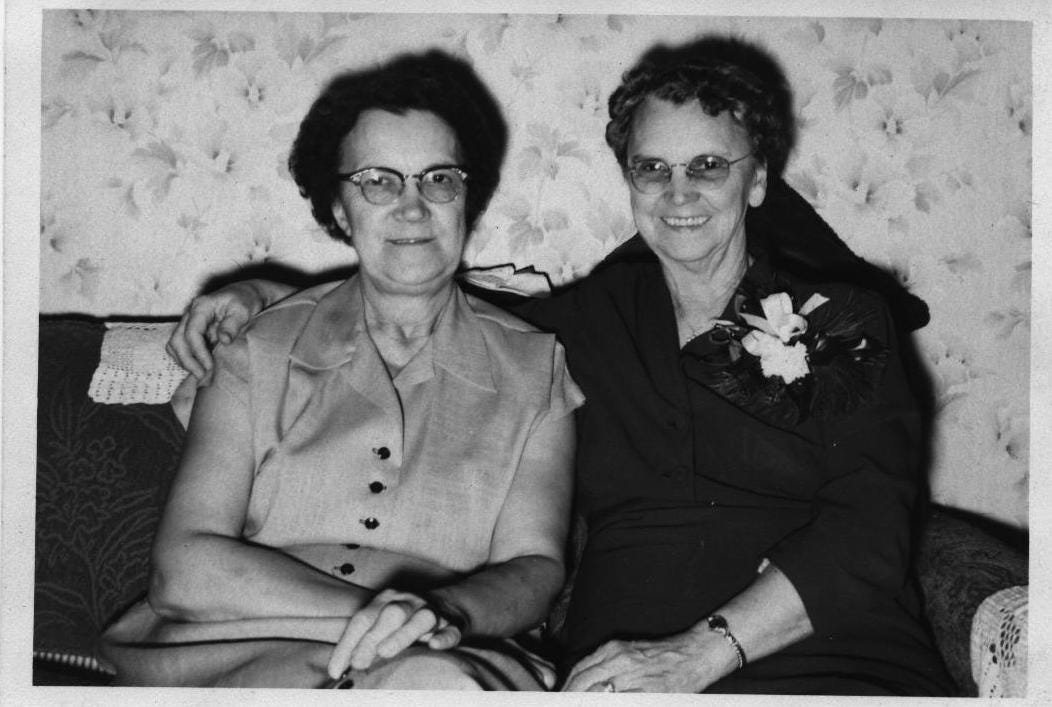Welcome. Or welcome back.
A few years back, I got an email from a friend. The extended family had gotten bad news about a loved one. She wanted to know some things to think about and do.
Here’s what I sent her. You might find it helpful, too.
+++
A working list for life after a difficult diagnosis.
When you receive a hard diagnosis with a likelihood of death, people are glad to tell you what do to. They do it with intense certainty: “Do this treatment. Try this tool. Be courageous. Be strong.”
And they do it with the best of intentions and the most anecdotal of data. “This worked for my uncle, it will certainly work for everyone. After all, what do researchers know?”
But many of us don’t need more obligation. We’ve never been through this before and what we really need is to know the areas to consider. And we need to be honest about the possibility of death.
We could use a working list.
So, with humility, I’d like to suggest a list of areas you can consider in the middle of all the chaos and uncertainty.
I will confess, I don’t believe in jinxing. If you talk about something, that conversation won’t make it happen. And, I will confess, I do believe in God, though I also believe that belief often makes people more strident than they are helpful.
So here are some things to consider working on, at your own pace and with your own situation.
Work on the diagnosis and treatment.
Ask for clarity about the diagnosis. Ask for all the treatment options. Ask for percentages and numbers (“Is this a study of one person or 5,000?”) Ask about side effects, particularly in light of what matters most to you (“Will my body get better but my brain get worse?”) And ask the questions of people who have done research and reflection.
Feel free to write out questions. Feel free to ignore the people who say, “There’s this friend of my cousin who had this and was just fine.”
It helps, though it’s hard, to be more diligent than desperate. And to build allies more than adversaries.
Work on the support system.
Who will take care of the person who is ill? Who will take care of the caregivers? Who will take care of those taking care? This includes shoveling and mowing and rides, but this is also emotional care. And being willing to ask for help early can mean that your emotional and physical and financial resources last a little longer.
Feel free to make a list of all the little things that you do, including brands that you like or are allergic to.
Work on the living.
I am often involved in conversations with people planning for difficult times by asking, “What’s a good day?” Knowing the answer to that question and then working to have as many of those as possible is life-giving. This probably includes learning to not make the diagnosis the center of every conversation. It also includes not excluding the diagnosis from every conversation. It also includes having pointless conversations about things we love. This is also a good time for conversations about faith questions a person may be themselves asking.
Work on the details.
If we have been meaning to get around to the insurance, the passwords, and the paperwork, now is a good time. Finishing what needs to be finished, getting rid of what doesn’t is always a healthy thing to do. Establishing power of attorney, health care representatives, insurance and retirement fund beneficiaries are all part of the details.
Work on the remembering.
You know how you always wanted to drink coffee and talk with someone about what they learned while growing up? Now is the perfect time to make time. Tell stories, label pictures, find out about the weird uncle that no one talks about. It can be fun and interesting and clarifying and relaxing and restorative.
Work on the dying.
For many of us, at some point someone will have to make healthcare decisions for us. What do you want to be true about the decisions in treatment, in the short term, and in the long term. This includes specific interventions like a ventilator, other treatments like chemo, still other contexts like hospice. Informed conversations about these hard topics are helpful. The Conversation Project has material you can use on your own.
Not just for sick people
True confession. In the past few years, I’ve been working on most of these. We’ve been doing some traveling. I’ve been taking care of paperwork. I’m trying to attend to people. Not because there is a diagnosis other than being human. I think I’m healthy. But after watching the chaos before and after expected and unexpected death for a couple hundred families in the last few years, I want to remove as much uncertainty as possible for my loved ones while I can.
+++
A helpful book for some of these topics is How to Find Meaning in Your Life Before It Ends. I liked the old title, though, which was 101 Ways to Find Meaning in Suffering. Patrick Riecke looks at things to say and do while walking through these tough situations. But the time to look at his book is earlier in a terminal process, not later.
+++
As you can see, I scheduled this for Thursday evening rather than Friday morning. I’m figuring out when the best time to visit with you is. Let me know if you have a preference. (Of course, if you want to meet for coffee, I can schedule that, too. :))
Thanks for spending a few minutes. I’ll see you next week.
Jon




Interesting question about the timing of your sends! I always assume morning is best, but I'm usually too wrapped up in my getting up/going to work/getting kids off to school routine. It would be interesting to receive updates in the evenings!